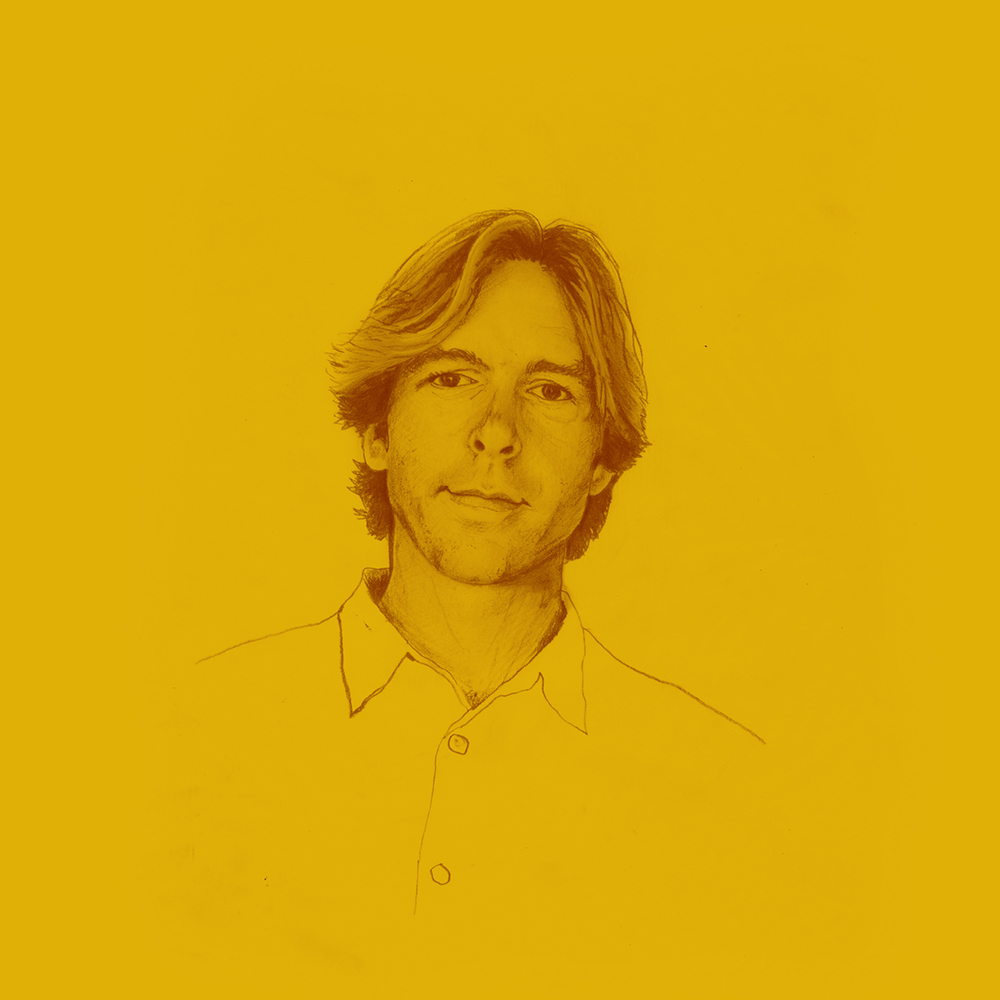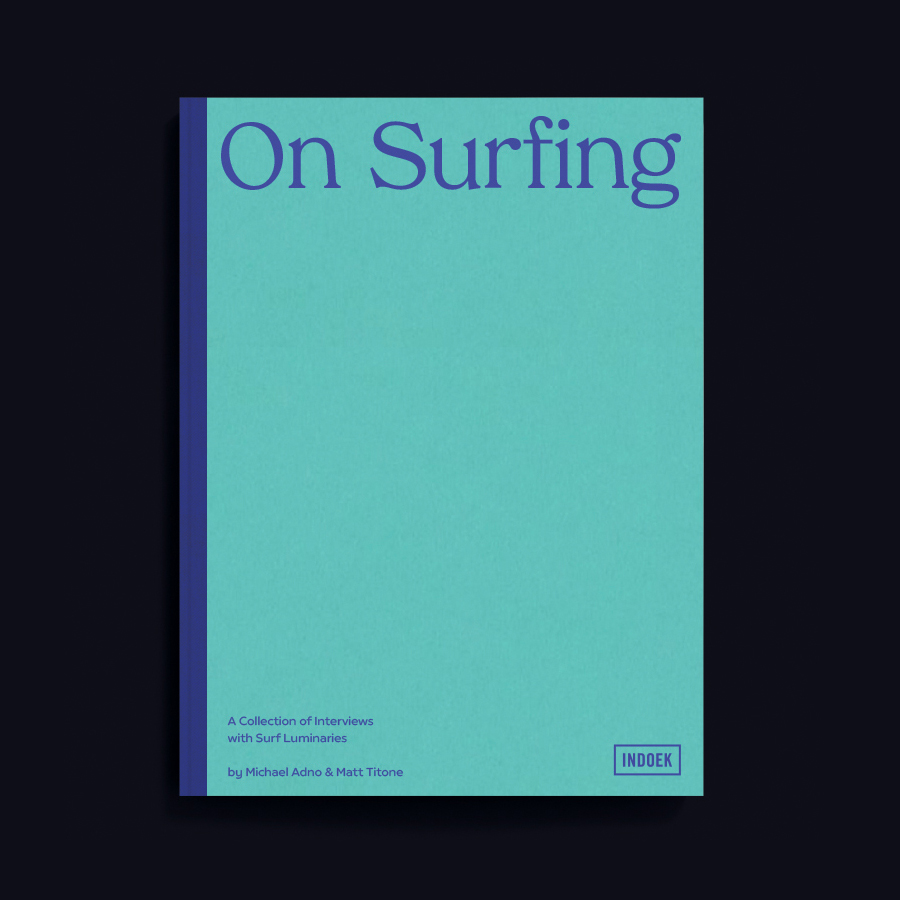Can you describe one of the most challenging aspects of surfing to you?
There are several challenges, but they’re obvious to any long time surfers. From the physical—like getting older and slower—to game changers like cell phones, web cams, social media surf reports, geotags and the “comments” sections on photo posts (where people love to name the spots). I can understand them and at the very least accept that they have changed surfing forever. However, what I’m finding difficult to swallow and process is the growing notion of “entitlement.” At 42, I’m a Gen X kid that was raised on a healthy dose of surfing’s cultural traditions and norms since around age seven. Through my mother, I learned many of the same things that all other surfers had for decades in the US, Hawaii and Australia. The basics, like: stay out of the way. Sit way wide. Head into the whitewater not up the face. No drop ins. Wait your turn. Don’t paddle around people after just catching one. Don’t brag about last your ride. Don’t give up secret spots. Don’t bring a carload of bros. Respect your elders and so on.
I know for some people this sounds dogmatic and authoritarian, but my generation was the last to work their way up the ranks with these traditions in mind, and frankly I miss those days. Why? Because it worked, and it kept things relatively organized and civil. When directly addressing violators of these norms and traditions, some common replies include, “You don’t own the ocean, bro” or “There are no rules out here” and “I’m just having fun, chill out”. Really? What if we apply that same kind of disregard to other cultural norms on land? Imagine if I said to these same folks that they didn’t own the coffee shop, restaurant or DMV line and stepped right in front of their place in line? Wouldn’t that be ok by their line of reasoning? Maybe even go a bit further by helping myself to a sip of their coffee or bite of food without asking? Don’t get me wrong; the majority of people still care about these norms and abide by them, but a wave of entitlement is growing and it’s something I will probably struggle with for a long time.
What is one of the most redemptive or rewarding parts of surfing?
When I give myself a challenge to do something new—usually something quite difficult or daunting. Lately, I’ve embarked on the challenge of mastering “big boards.” Some call them “gliders,” but big boards are a niche genre of very long boards first developed by Skip Frye in the early 90s—usually 11 feet of board and over. They are what I ride at least 50% of the time now, mostly because of where I live in north San Diego. I love the challenge my 11’2” Frye Eagle poses every time I ride it—even five years after its maiden voyage. It’s the hardest thing I’ve tried in surfing, which sounds ridiculous because it looks like I’m going straight most of the time. In all seriousness, though, learning how to ride one well is equivalent to any black belt level of surfing out there. I have never been more humbled than when riding one, nor have I ever eaten shit more times than when on those boards. To figure them out you need to disregard what you think you know about surfing and humbly hit the reset button. It’s requires very subtle adjustments to master them, but once unlocking those secrets it’s the most rewarding feeling I’ve known. Big board surfing is all about a “feeling.” It’s not about “ripping” or any type of “performance” surfing. The best way to describe this feeling is that you are tapping into a sensation that derives from ancient Hawaiian trim—a unique feeling of soaring above the ocean’s water line which Polynesians first tapped into roughly 1,000 years ago.
What has surfing afforded you in your life?
It made my life, in all aspects. I’m fortunate that my avocation became my vocation—sort of. I never earned a salary as a surfer, but I figured out other hustles closely tied to surfing that provided a happy life in and around the swells and tides. Those gigs included being a surfboard factory rat, a surf retailer, a surf journalist and photographer, and later an action sports marketing exec. But many of these were double-edge sword pursuits. A consummate fear of kooking it loomed over me. My close circle frowned upon exploiting surfing in any way. It was very uncool to work in the surf industry—seen as the ultimate sell out move. So to keep myself in check there was always a self imposed “don’t shit in your own nest” filter in everything I did, which meant I took great care to respect sacred places, topics and people. The net benefit of working in and around surfing was that I got to meet my heroes and long list of interesting people, as well as experience global cultures that have inspired me to be a better, more well-rounded, educated and compassionate person.
How long can you go without surfing?
In my teens and twenties, I wouldn’t last a day. Now in my early 40s I’d still love to go every day, but my job takes me to places for days or weeks at a time far from the water—and I’m totally ok with that. Maybe that’s because with social media and the constant flow of information through our phones we never really feel like we’re without it. In recent years my standards have also changed. If it’s below average surf but still quite crowded, I’d rather just not paddle out. Years ago, I had a sort of fear that I’d somehow lose my skills by not surfing everyday—which seems silly now that I think about it. Nowadays, I just want to enjoy myself. If I suspect that’s not going to be the case, I’d rather just avoid paddling out and do something else with my time.
How and when did you fall in love with surfing?
My mom was a surfer who was on the East Coast Hobie Surfboards team, so there was no getting around it—my brother and I were going to surf in her eyes. She started us with swimming lessons and boogie boarding in the shore break since before I can remember. By age 7 she got us surfboards—Mason & Smith single-fin soft tops, they looked like Lopez guns—but honestly I didn’t like surfing all that much until fourth grade when my best friend Mike got a board, too. Then it was on. Nothing like some competition with your buddies to kick start your hankering for something. By age 12, I quit all team sports and until graduation only pursued surfing and skateboarding.
What’s one of your pre/post-surf rituals you hold dear?
There are several. I’m a coffee addict and love the Chemex pour over system. If a morning surf is the go, I’m not leaving the door without a cup in hand. Whether I plan to surf in a moment’s time, or end of the day, I’m checking the buoys, tides and wind models often—at least twice daily. It’s overkill, I know, but I’m typically a once a day surfer on weekdays—so I’m analyzing the day’s best window, as well as looking ahead to make a game plan for what’s to come. Some people focus their windows on crowd fluctuations, but I’m all about optimal conditions at the best breaks within reasonable driving distance of my hometown. That said, I still do the old fashion surf check atop the bluffs of two nearby breaks. These checks are critical, and tell me all that I need to know. Nothing replaces an accurate ocean read better than your own eyes.


